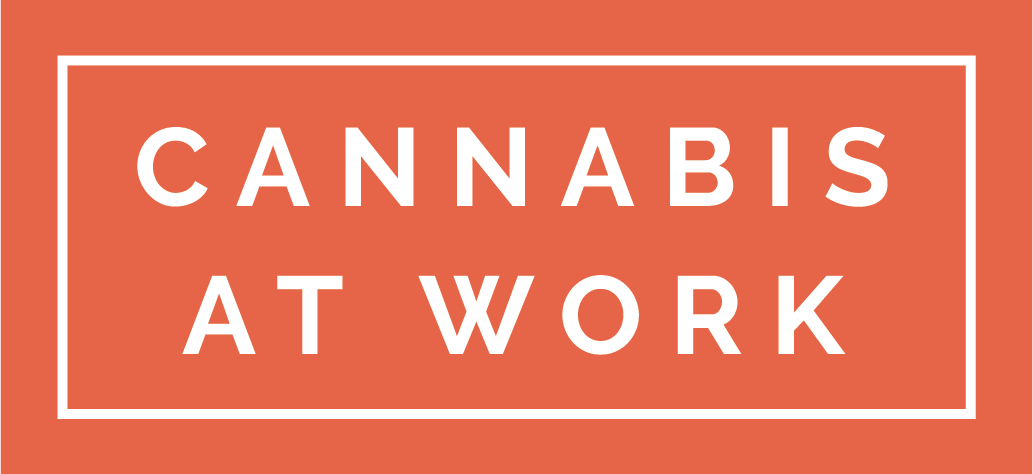Medical marijuana has become increasingly accessible as a prescribed medicine for a variety of ailments. This means that employers will see a rise in the number of employees who are using medical marijuana as a treatment choice.
This brings up a number of questions for employers. Here are some FAQs:
1. Is the use of marijuana legal?
Medical marijuana is legal under the MMPR legislation that came into effect in 2014. This is federal legislation, making medical cannabis allowed across Canada. Prescriptions are required and patients must get their cannabis from a Licensed Producer. Cannabis is illegal without a prescription.
2. Can an employee legally use marijuana at work?
Employers have the “duty to accommodate” employees with medical disabilities to the point of undue hardship.
In plain language… this means that you can’t discriminate against an employee because of their disability or the treatment options that follow. From a legal perspective, the treatment for the disability can’t be divorced from the disability itself.
Employers need to accommodate medical use of marijuana. Accommodation is situational so there is not a set of guidelines that can be applied across the board. It may mean placing the employee in a different position or changing their work schedule.
Accommodation does have limits. An employer will not be required to take on an undue burden, although the definition of this is situational too.
3. Do I have to let an employee smoke marijuana at work?
Not necessarily. Smoking bylaws remain in effect and medical marijuana patients must still abide by these bylaws. As a result, employers may have the ability to insist that employee’s use cannabis in private.
As part of the duty to accommodate, the employer should consider numerous consumption options.
4. How can an employee work when they are impaired?
Occupational Health & Safety laws prohibit employees from being impaired at work. This is even more serious if it is a safety-sensitive environment.
Different cannabis strains have different psychoactive properties; not all medical marijuana is made equal. Also, the use or consumption method also impacts the medicinal effects.
A disability isn’t an excuse to be impaired at work. If an employee can’t perform their duties while using medical marijuana as a treatment, then their return to work should be discussed further.
5. What if the employee holds a safety-sensitive position?
Employers have a duty to maintain a safe work environment. Employees using medical marijuana may need to be removed from safety sensitive positions.
Accommodating this may mean re-bundling their duties or placing them in an alternate position.
Employers may request medical documentation that speaks to the employee’s ability to safely and competently do their job.
6. What if our company has a zero tolerance drug policy?
Zero tolerance drug policies are becoming outdated. The duty to accommodate medical marijuana contradicts a zero tolerance approach.
Your drug and alcohol policy likely needs to be reviewed and possibly revised.
7. Should we approach medical marijuana like any other prescription drug?
Yes. You will need to accommodate an employee using medical marijuana in the same way you would approach an employee using strong painkillers, for example.
8. What if an employee shares or sells medical marijuana at work?
This is inappropriate and would be grounds for discipline or termination.
The medical marijuana industry is rapidly growing and changing. This will pose questions for employers now and into the future.
Do you have a question not addressed in this article? Contact me and I will do my best to address it.

